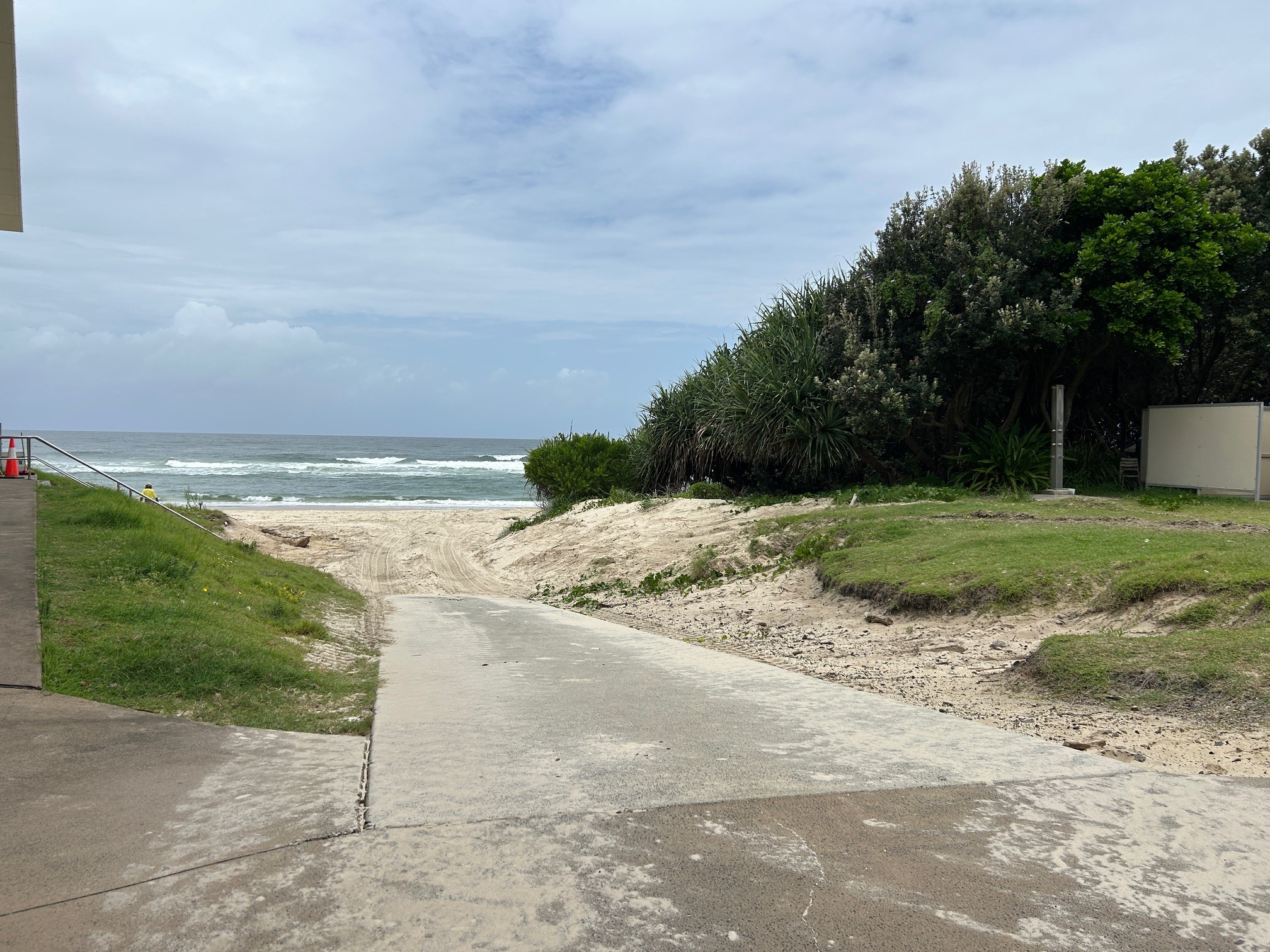An AI-powered, virtual platform is being developed to improve care for patients living with genetic disorders, as part of a Digital Health CRC project led by Peter MacCallum Cancer Centre and Swinburne University of Technology.
The online cloud-based platform, named GENIE, will initially focus on familial cancers and cardiac conditions, providing patients with guidance on how to find specialist care, support for clinical and psychological issues and clinical trial updates.
Shifting the focus beyond diagnosis
Utilising a unique AI-driven algorithm, GENIE also aims to identify and alert genetic counsellors to specific sub-group of patients at key life stages, or who are at risk of not adhering to management recommendations. This triage facility will enable time-sensitive clinical and psychological support to be efficiently targeted to the most clinically vulnerable people.
Associate Professor Alison Trainer, a Clinical Geneticist at Peter Mac, said access to genetic testing had improved over the years leading to more people with a high-risk genetic predisposition for disease being identified.
“Identifying these patients is only the first step in reducing mortality and morbidity, equally important is making sure they can access world-class care for the rest of their lives,” Associate Professor Trainer said.
“We can support this with new tools to help our genetic counsellors respond quickly to individuals’ needs, providing ready access to the right information and support at the right time. That is what is envisioned with GENIE.”
Associate Professor Prem Prakash Jayaraman, Director of the Factory of the Future and Digital Innovation Lab at Swinburne, commented on the potential of the AI technology to address the gap in genetic counselling.
“AI-based digital health platforms can support early intervention by using genetic mutation data and advanced AI algorithms to automatically identify individuals at risk,” Associate Professor Jayaraman said.
“GENIE is envisioned as a life-long companion for individuals at risk, providing them with instant access to information and support services.”
Developing a timeline
The Digital Health GENIE project commences this year with a planned two-year timeline.
The team will start by co-designing and developing GENIE to align with healthcare professional and patients’ needs and preferences, ensuring a interactive and user-friendly platform. It will also need to seamlessly integrate with patient and specialist clinical databases.
They will then develop and integrate AI algorithms into the GENIE platform, trialling GENIE in the Clinical Genetic Service setting at Parkville Familial Cancer Services Centre at Peter Mac.
After that, their sights will turn to commercialisation and bringing the AI-powered solution to the people who need it.
The potential of a digital health economy
Digital Health Chief Innovation Officer, Dr Stefan Harrer, said the project was an exciting next step in utilising the power of AI, combined with end-user needs, to support the health system while building a product that has the potential to contribute to Australia’s digital health economy.
“This project includes AI-driven recommender algorithms to deliver targeted value to consumers by individually matching carers and patients. We see this as an important step to bring precision medicine to genetic counselling,” Dr Harrer said.








